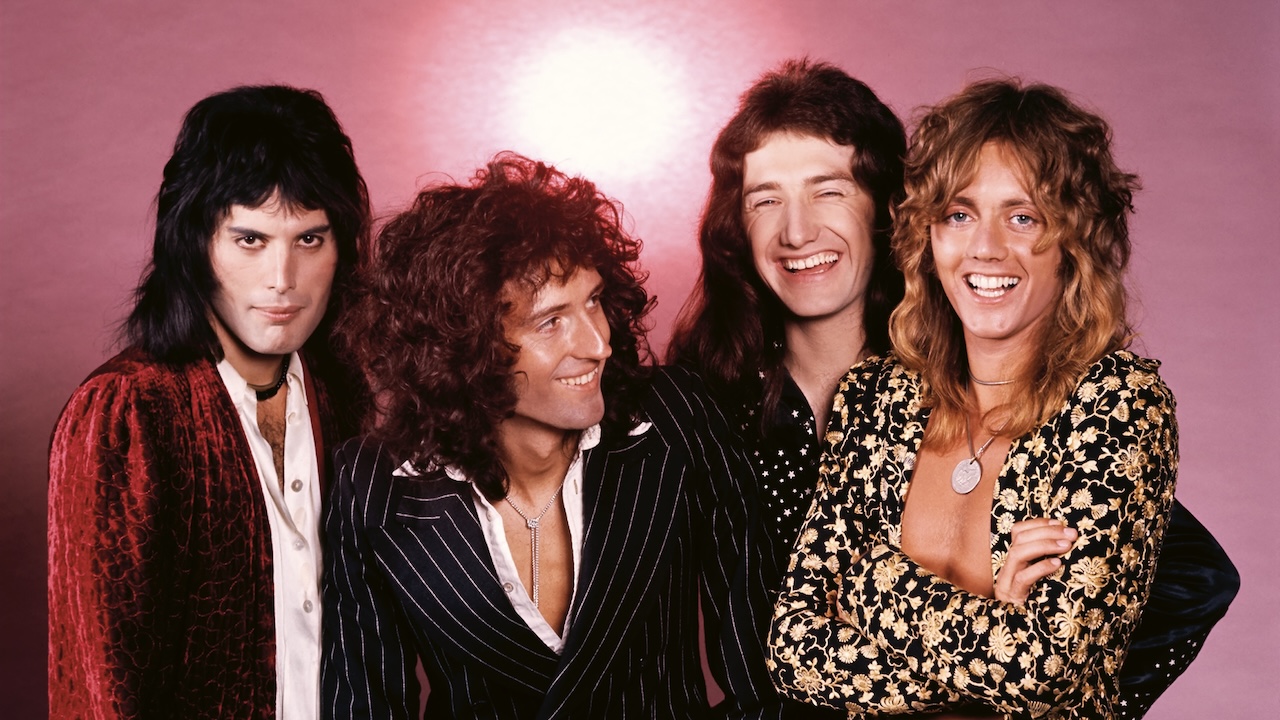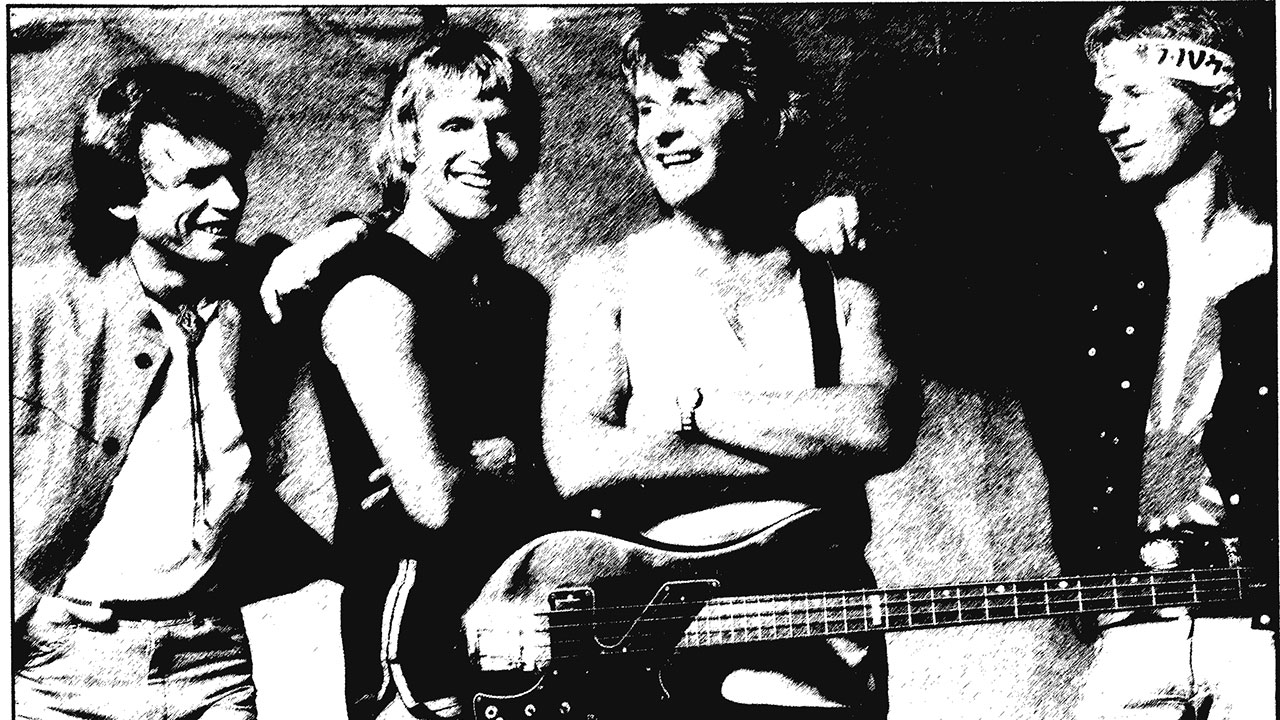
Select the newsletters you’d like to receive. Then, add your email to sign up.
You are now subscribed
Your newsletter sign-up was successful
Want to add more newsletters?

Every Friday
Louder
Louder’s weekly newsletter is jam-packed with the team’s personal highlights from the last seven days, including features, breaking news, reviews and tons of juicy exclusives from the world of alternative music.

Every Friday
Classic Rock
The Classic Rock newsletter is an essential read for the discerning rock fan. Every week we bring you the news, reviews and the very best features and interviews from our extensive archive. Written by rock fans for rock fans.

Every Friday
Metal Hammer
For the last four decades Metal Hammer has been the world’s greatest metal magazine. Created by metalheads for metalheads, ‘Hammer takes you behind the scenes, closer to the action, and nearer to the bands that you love the most.

Every Friday
Prog
The Prog newsletter brings you the very best of Prog Magazine and our website, every Friday. We'll deliver you the very latest news from the Prog universe, informative features and archive material from Prog’s impressive vault.
By the 1980s, prog rock was on its metaphorical knees. Internal friction had fatally wounded Pink Floyd during the making of The Wall. The disastrous Love Beach had caused Emerson Lake & Palmer to implode. Genesis had lost not only Peter Gabriel but Steve Hackett too. And Yes had disbanded following the heroic yet doomed attempt to incorporate two members of pop duo Buggles – vocalist Trevor Horn and keyboard player Geoffrey Downes – into their line-up for the Drama album.
Something had to change. And in 1981 that’s exactly what happened when Steve Howe, formerly of Yes, and John Wetton, forged a new alliance.
Encouraged by John Kalodner of Geffen Records, former King Crimson/Roxy Music bassist Wetton had already injected an accessible edge to the jazzy prog of his previous band, UK. But the introduction of ELP’s Carl Palmer and ex-Buggle Downes was about to sharpen and revolutionise the genre’s artistic vision, trimming back its excess to render it highly commercially acceptable.
“Prog rock was still deep inside the four of us, but with Asia we sliced away the fat,” maintains Wetton. “We took our 12-minute songs and removed the 10 minutes of noodling. The ingredients we’d grown up with were kept, but we transposed them into a more succinct setting.”
“Emerson Lake & Palmer could not have carried on,” offers Palmer of his own route to Asia. “We were not being played on the radio. America had gone very, very corporate. So it was a case of re-painting the armour.”
Downes, the jigsaw’s final piece, arrived at Howe’s recommendation. But intriguingly, before settling upon a four-man line-up the band considered using two guitarists. Palmer invited a fellow Midlander, Roy Wood, along to an early rehearsal. The former Move member arrived wearing different colour shoes and promptly consumed a bottle of vodka.
“It would have been foolish to overlook someone with such strong writing credentials,” explains Carl. “But he kept saying things like, ‘Steve, why don’t you play some of those posh licks on the guitar?’ and socially the band was already very strong.”
Sign up below to get the latest from Prog, plus exclusive special offers, direct to your inbox!
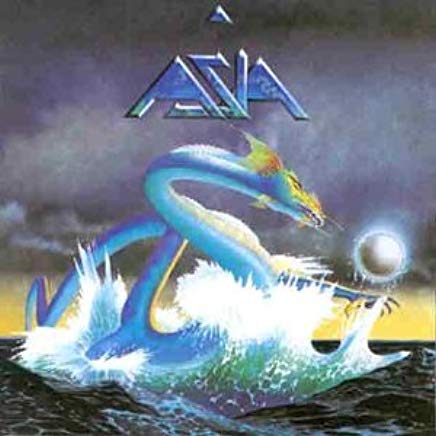
Perhaps ironically given the more radio-friendly path that the reunited Yes would later take when the South African arrived for the 90125 album, Trevor Rabin was also briefly in the frame.
“Yes always used to de-commercialise things on purpose,” points out Howe. “That changed with Owner Of A Lonely Heart, but only after Asia had led the way.”
Involved in all but four of the debut album’s nine compositions, Howe was content for the time being. But the writing partnership of Wetton and Downes loomed large. Sharing provincial backgrounds and a heritage in church music, the former choirboys quickly gelled, their techniques dovetailing to spectacular effect with such songs as Heat Of The Moment, Sole Survivor and Only Time Will Tell.
“Our styles were a perfect, seamless fit,” affirms Wetton of the partnership, though of his own contribution Downes acknowledges: “The guys wanted me to bring a modern edge. Having done it all in the 1970s, it was time for something new.”
With the arrival of MTV, the timing of Asia’s eponymously titled debut could not have been more perfect. Released in April 1982, it topped the US Billboard chart for nine weeks. At one point 80,000 copies were being sold each day. None of the band had experienced anything so immediate before.
“A lot of new fans came on board,” agrees Palmer. “But even those who’d liked our previous bands appreciated that songs like Wildest Dreams and Time Again had integrity. It wasn’t just pop music.”
Though the response from the public was phenomenal, music critics despised Asia as much as they had loathed Yes, Crimson and ELP. One famously called the first album: “Mickey Mouse squeaking at the Gates of Dawn”.
“I suppose I had hoped they would respect Asia a little more, but mostly it was water off a duck’s back,” professes Howe. “I was used to being slagged off with Yes. Melody Maker, for instance, had murdered Fragile but it went straight to the Top Five in America upon its release in 1971. The musicians always tend to get the last laugh.”
It says much of Asia’s initial thrust that three million sales of 1983’s hurriedly recorded Alpha were regarded as disappointing, but as Wetton observes: “the element of surprise had been lost. Cardinal Fang [the character from Monty Python’s Spanish Inquisition sketch] was no longer on our side.”
Matters were worsened by Howe’s feelings of exclusion and the excessive drinking of Wetton and producer Mike Stone. Consequently, the band almost went stir crazy locked up together for four months in an icebound Canadian studio.
“When John was beakered, working any later than four o’clock in the afternoon was tough,” remembers Palmer sadly. “You’d still be there at eight, but nothing would get done.”
All these years later, it’s still hard to believe what happened next. In 1983, Kalodner sanctioned Wetton’s removal from Asia, replacing him with Greg Lake for a televised Japanese show which drew over 20 million US viewers. Wetton later agreed to return, provided Howe was given the chop.
“Steve had squeezed me out of the band, so I did the same to him,” responds Wetton, adding with even more candour: “I lived to regret the decision but I wanted my toy back and I was prepared to do absolutely anything.”
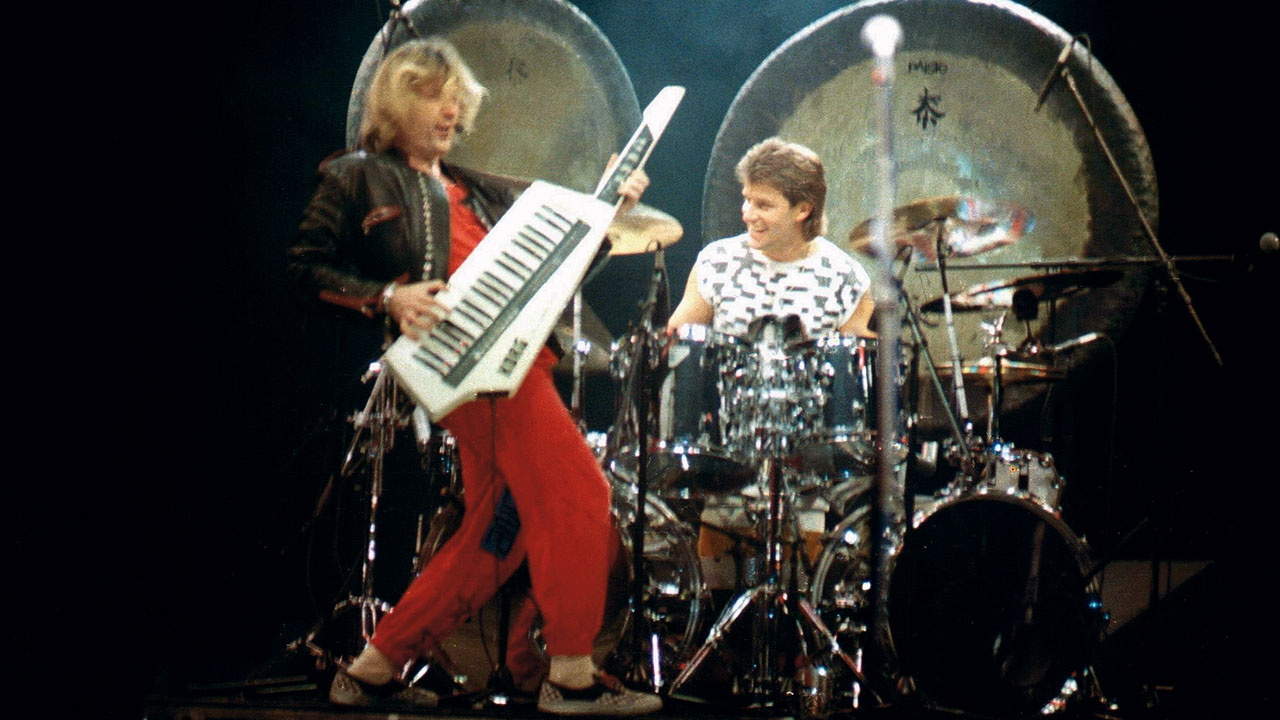
Minus Steve Howe, the group’s chemistry was unavoidably affected. For their third album, 1985’s Astra, ex-Krokus guitarist Mandy Meyer simply played what he was instructed.
“Astra stood head and shoulders above Alpha,” maintains Palmer. “But by then we had a whole new set of problems, including arguments with the record company. Because of all that malice, Geffen ensured that Astra got buried.”
Downes continued to fly the Asia flag throughout the 1990s, Howe and Palmer appearing as guests on 1992’s Aqua. “I’m not ashamed of the albums I made without the others,” he insists. “The only bone of contention is whether they should have been called something other than Asia. I hope that’s all forgotten about now.”
Though Asia’s chief songwriters remained firmly estranged throughout the ensuing years, fences were mended in 2003 when Downes appeared on Wetton’s Rock Of Faith album. Asia watchers began twitching with anticipation when a joint project, iCon, was launched two years later. Still an ongoing project a third album called iCon 3 was released via Frontiers Records on March 13.
“Why do we need iCon as well as Asia?” muses John Wetton, chewing the question over before replying. “The answer is that we don’t – but we can. So we do.”
Palmer owns up to misgivings when it was suggested in 2006 that the original band should reunite for its 25th anniversary.
“John Wetton is one of the few musicians I’d genuinely call a friend,” he reveals, “but because of his drinking I went into things with trepidation. I felt it was a stupid, stupid idea – until the four of us met again. John had changed so much; he had everything back together in his life, now he wanted his band.”
For Howe, who returned to Yes in the mid-1990s, the proposal was more complicated. “Yes was on hiatus, but nobody knew it would last for four years,” he explains. “But that first meeting gave the four of us a will to make Asia happen again.”
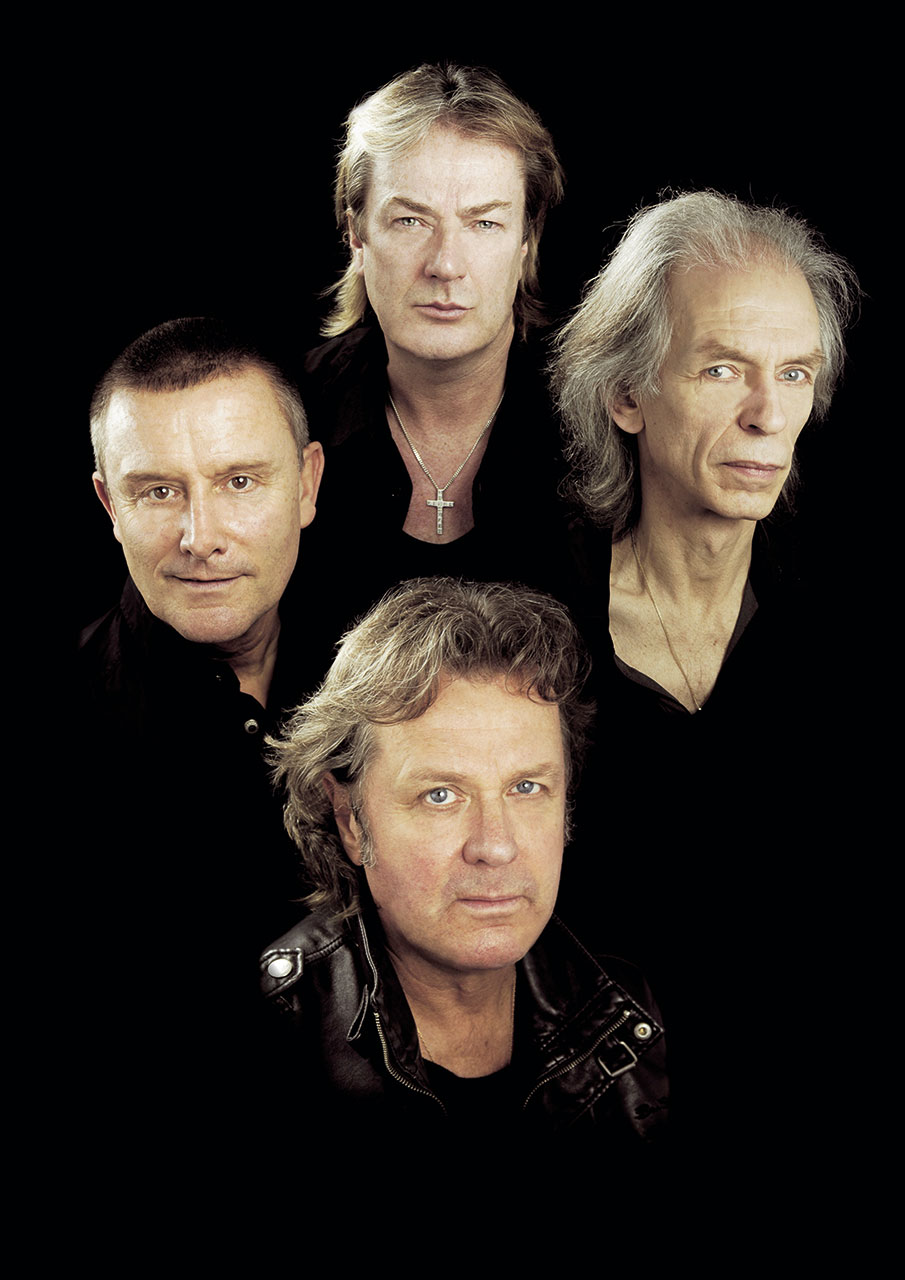
The spirit of goodwill between Asia and Yes is such that the former handed over a chunk of scheduled touring time after tribute band singer Benoît David replaced an ailing Jon Anderson for Yes’ 40th anniversary celebrations. “Jon almost died,” winces Howe, before confirming that in one form or another Yes will tour Europe again. “It’ll happen in October or November,” he predicts.
Although Asia started by moving in small steps, they’ve now been together longer second time around than in original form. They have also reconnected as people, establishing genuine, mature friendships.
“I’m happy to say that we no longer live in prams,” Wetton grins. “We’ve learned a few things about boundaries and nobody openly criticises anybody else’s material anymore.”
Wetton can look back at his alcoholism and appreciate why his behaviour so infuriated the others.
“Oh God, yes,” he exclaims, unreservedly. “I was terrible, absolutely awful. There were times when you couldn’t get a coherent word out of me after nine o’clock in the morning.”
“These days it’s not an uncommon sight to see the four of us taking breakfast together at the hotel,” imparts Geoff Downes. “In the old days, with all the egos, that would never have happened. We’d have been in different hotels…”
“…in different cities,” deadpans Wetton.
The critics had the knives out for the sombre, adult themes of 2008’s Phoenix, the original line-up’s first studio recordings since Alpha – the headline of Classic Rock’s review was: ‘Wimpy with cheese’ – but Wetton is unapologetic.
“It wasn’t bad for a first effort, especially when you consider the musical clashes that broke us up in the first place,” he says. “Put it this way, we got through it without anybody dying.”
So the million dollar question is whether Asia is, in its current incarnation, back for good? Let’s ask the protagonists…
Palmer: “I think so. We’re even investigating doing something with Yes in the summer. If that doesn’t pan out, we’ll tour on our own. We’re even looking at an idea of mine called Asia: Family And Friends for next year.”
Howe: “There’s such a harmonious feeling, so long as time is put aside for the other things and there are still happy faces in the audience, this could continue for quite some time.”
Downes: “I’ve reached the conclusion that if it wasn’t the [original] four anymore, I would no longer want to do it.”
Wetton: “I don’t see anything putting a spoke in the works because everybody involved wants it to work so much. We’ve spent too long being dogmatic. It’s time to live and let live.”
This article originally appeared in issue 1 of Prog Magazine.

Dave Ling was a co-founder of Classic Rock magazine. His words have appeared in a variety of music publications, including RAW, Kerrang!, Metal Hammer, Prog, Rock Candy, Fireworks and Sounds. Dave’s life was shaped in 1974 through the purchase of a copy of Sweet’s album ‘Sweet Fanny Adams’, along with early gig experiences from Status Quo, Rush, Iron Maiden, AC/DC, Yes and Queen. As a lifelong season ticket holder of Crystal Palace FC, he is completely incapable of uttering the word ‘Br***ton’.
